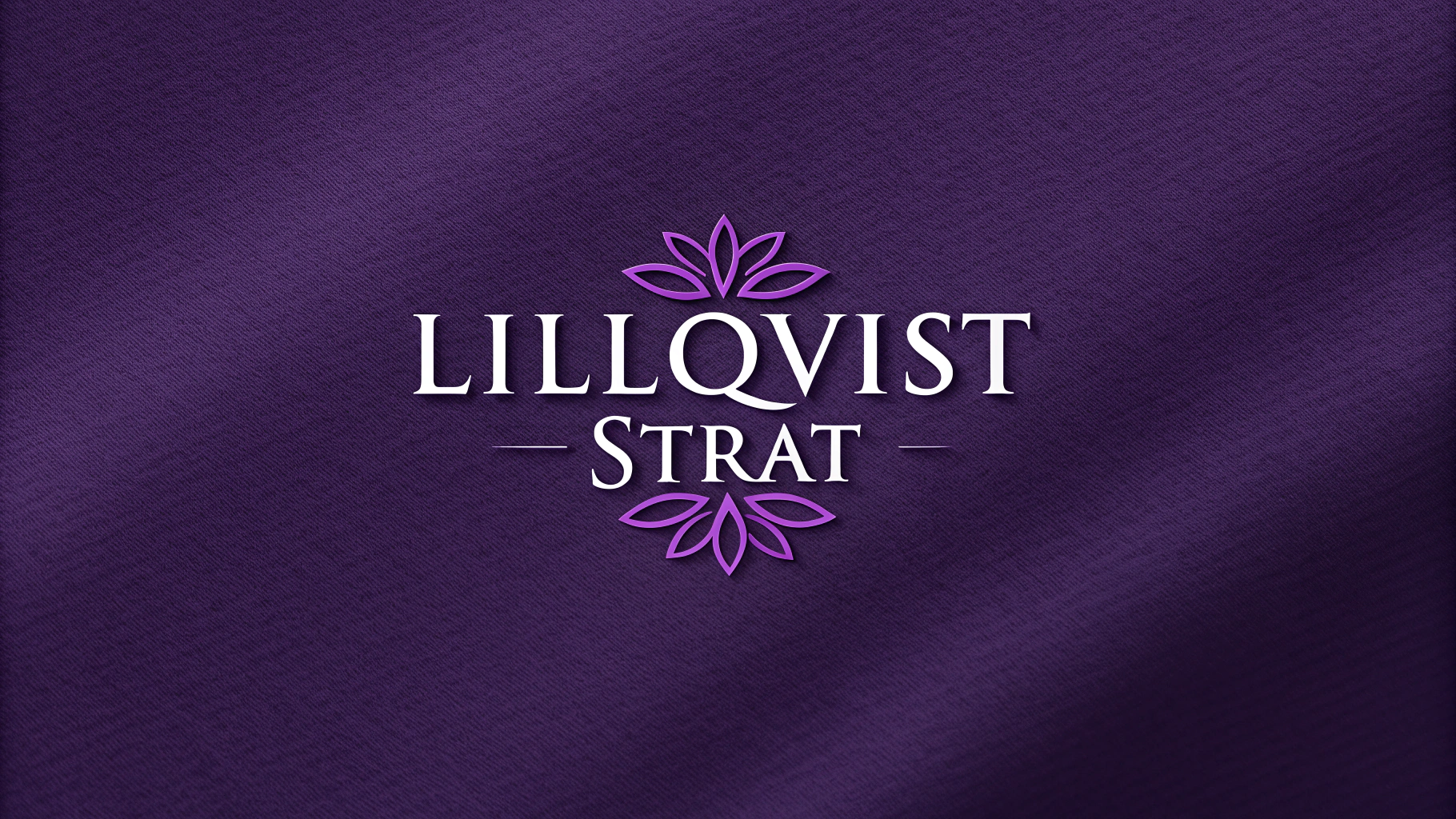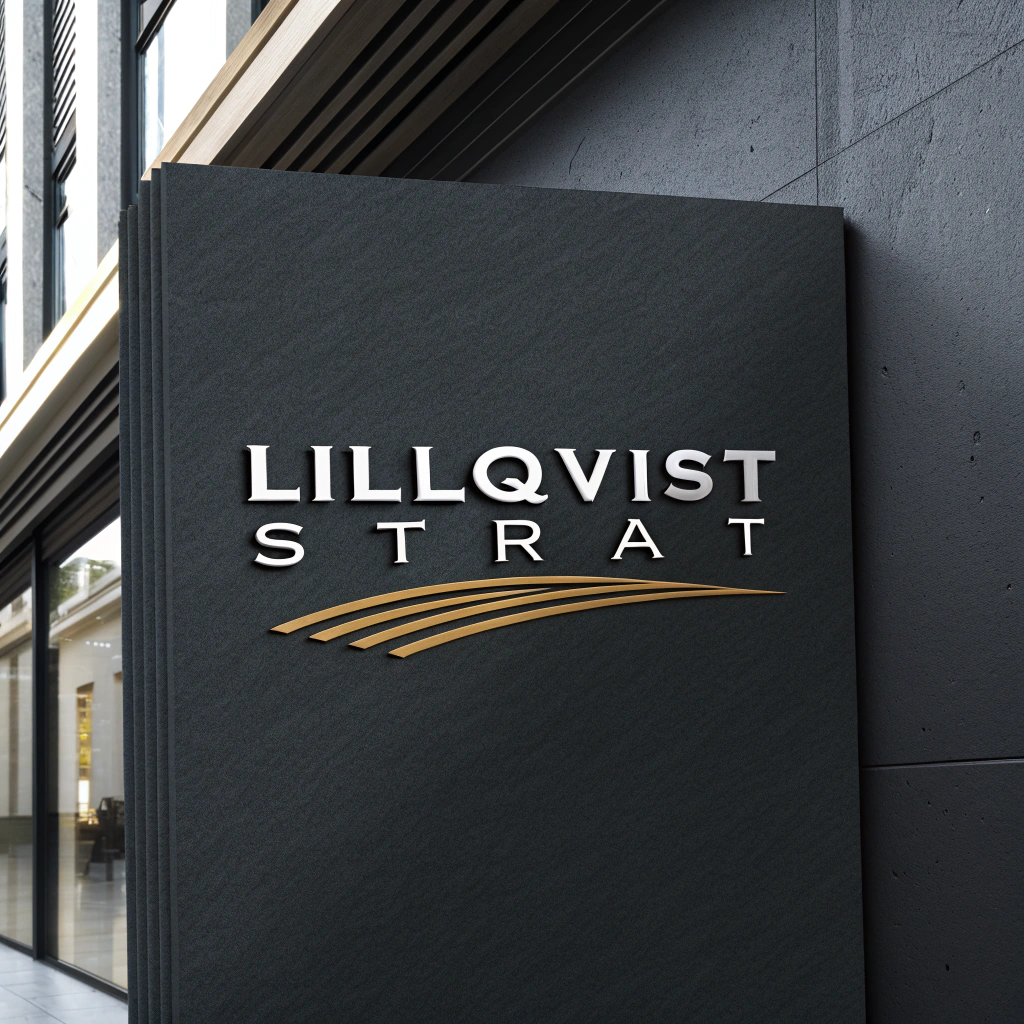Competitive Advantage: Staying Ahead of the Curve
In today’s hyper-competitive business landscape, staying ahead of the competition is more challenging than ever. Traditional methods of market research and competitive analysis are often time-consuming and reactive. Companies need a way to continuously monitor competitors, track industry trends, and make informed decisions faster. This is where AI-powered market intelligence comes into play.
At Lillqvist Strat, we specialize in helping businesses leverage AI tools for deep competitive analysis, enabling them to identify emerging trends, uncover hidden opportunities, and gain an unfair advantage in their markets. In this article, we’ll explore how AI can revolutionize market intelligence and provide you with the tools to stay ahead of industry shifts.
Analyzing Competitor Data Using AI to Identify Market Trends and Opportunities
Understanding your competitors is essential for staying competitive, but gathering and analyzing their data can be a daunting task. In the past, businesses had to rely on manual research, surveys, or limited data sources to keep track of competitor activities. This method is not only slow but often fails to capture the full picture of market dynamics.
AI enables businesses to analyze large sets of competitor data in real-time, helping you uncover valuable insights about your competition’s strategies, pricing, product launches, and customer sentiment. By using machine learning and natural language processing (NLP), AI tools can scan vast amounts of data from multiple sources—such as social media, websites, news articles, financial reports, and customer reviews—giving you a comprehensive view of your competitors’ strengths, weaknesses, and strategies.
AI-powered tools can analyze patterns in competitors’ marketing strategies, customer preferences, and even product development timelines. With this information, businesses can identify emerging trends, gaps in the market, and opportunities to differentiate themselves.
For example, if competitors are gaining traction in a particular product category or geographic region, you can use AI to quickly identify this shift and develop your own targeted strategies to seize those opportunities. AI can also help you track changes in sentiment about a competitor’s products or services, giving you early warnings about customer dissatisfaction, which may be leveraged for your own advantage.
Example Code: Analyzing Competitor Sentiment Using NLP
Here’s an example of how Natural Language Processing (NLP) can be used to analyze customer sentiment from competitor reviews to gain insights into their strengths and weaknesses:
from textblob import TextBlob
import requests
# Sample competitor reviews from an online platform
competitor_reviews = [
"I love the quality of the product, but the customer service is terrible.",
"Their pricing is a bit high, but the product is amazing.",
"Very disappointed with the durability of the product. It broke after a week.",
]
# Function to analyze sentiment
def analyze_sentiment(reviews):
sentiments = {"positive": 0, "negative": 0, "neutral": 0}
for review in reviews:
analysis = TextBlob(review)
# Classify the polarity of the review
if analysis.sentiment.polarity > 0:
sentiments["positive"] += 1
elif analysis.sentiment.polarity < 0:
sentiments["negative"] += 1
else:
sentiments["neutral"] += 1
return sentiments
# Run sentiment analysis on competitor reviews
sentiment_analysis = analyze_sentiment(competitor_reviews)
print(sentiment_analysis)In this code, we use the TextBlob library to analyze customer reviews of a competitor’s product. The sentiment of each review is classified as positive, negative, or neutral. By tracking competitor sentiment in this way, businesses can make better-informed decisions about how to position themselves in the market.
Automating Competitive Analysis to Keep Strategies Up-to-Date
Traditional market intelligence relies heavily on manual updates and periodic reports, which often become outdated by the time they are received. This approach can leave businesses reacting to changes in the market, rather than proactively adjusting their strategies. To stay competitive, it’s essential to have a dynamic system that continuously monitors your competitors and provides up-to-date insights.
AI tools can automate competitive analysis by constantly scanning the market for new information and providing real-time updates. For example, AI-powered platforms can automatically track competitors’ pricing strategies, product releases, customer feedback, and financial performance. With machine learning, these platforms can even predict trends based on historical data, helping you understand how the market is likely to evolve in the near future.
This automation saves time and ensures that your competitive analysis is always current. Instead of spending days or weeks gathering and analyzing data manually, AI allows you to focus on actionable insights and adjust your strategies in real time.
Example Code: Automating Price Monitoring for Competitor Products
This code demonstrates how you can use web scraping and AI to track competitor pricing dynamically:
import requests
from bs4 import BeautifulSoup
# URL of competitor product page
url = "https://www.competitor.com/product/12345"
# Function to get the competitor's price from the page
def get_competitor_price(url):
response = requests.get(url)
soup = BeautifulSoup(response.text, "html.parser")
# Assuming the price is inside a span with class 'price'
price = soup.find("span", class_="price").text.strip()
return float(price.replace('$', '').replace(',', ''))
# Monitor price
competitor_price = get_competitor_price(url)
print(f"Competitor product price: ${competitor_price}")With this setup, businesses can continuously monitor competitors’ prices and respond quickly to price changes, helping them stay competitive in the marketplace.
Staying Ahead by Anticipating Industry Shifts Before They Happen
The most powerful use of AI in market intelligence is its ability to predict future trends. AI algorithms can analyze massive datasets to identify patterns and correlations that would be difficult or impossible for humans to detect. By using AI for predictive analytics, businesses can anticipate industry shifts and respond proactively rather than reactively.
For example, AI can analyze social media conversations, market data, and customer feedback to predict upcoming trends, emerging demands, or potential disruptions. By being able to forecast changes in the market, companies can adapt their strategies, create new products, and position themselves in a way that maximizes growth opportunities.
Example Code: Predicting Market Trends Using AI
Here’s an example of how AI could be used to predict market trends using machine learning algorithms:
from sklearn.linear_model import LinearRegression
import numpy as np
# Sample historical data: monthly sales figures for a competitor
historical_data = np.array([100, 120, 130, 140, 150, 160, 170, 180, 190, 200]).reshape(-1, 1)
# Corresponding months
months = np.array([1, 2, 3, 4, 5, 6, 7, 8, 9, 10])
# Train a Linear Regression model to predict future sales
model = LinearRegression()
model.fit(months.reshape(-1, 1), historical_data)
# Predict sales for the next 3 months
future_months = np.array([11, 12, 13]).reshape(-1, 1)
predicted_sales = model.predict(future_months)
print(f"Predicted sales for the next 3 months: {predicted_sales.flatten()}")This example uses linear regression to predict future sales trends based on past data. By applying such predictive models to various aspects of the market, businesses can make more data-driven decisions.
Gaining a Competitive Edge with AI-Powered Market Intelligence
AI-powered market intelligence is the key to staying competitive in today’s fast-paced business environment. By leveraging AI tools to analyze competitor data, automate competitive analysis, and predict future trends, businesses can stay ahead of the curve and make better, faster decisions.
At Lillqvist Strat, we specialize in helping businesses integrate AI-powered market intelligence solutions that deliver real-time insights and drive strategic success. While implementing these systems on your own can be time-consuming, our experience in AI and data analytics ensures that we can get you up and running quickly, giving you a competitive advantage that will propel your business forward. Reach out to us today to see how AI can transform your market intelligence.

Lillqvist Strat consults on business developement, software projects, automation, SOPs, analytical tools and more.
Contact me today to get started on our journey to higher profits, more revenue and happier employees!
Go to Contact now


